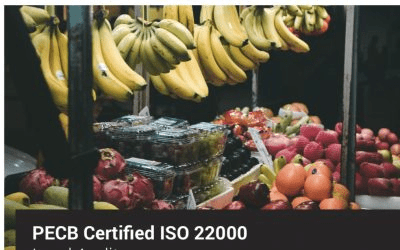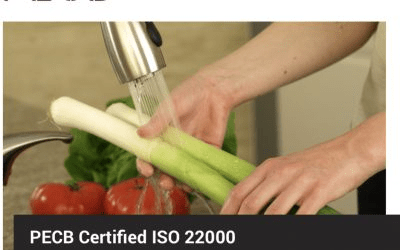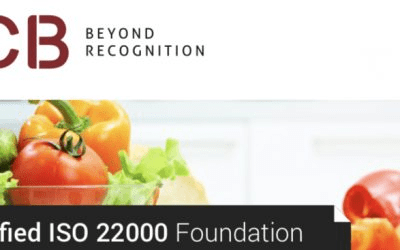In the 20th century, humanity saw unprecedented socio-economic changes as well as scientific and technological advances. These factors impacted, among others, how food is produced, processed, and marketed: countries enacted food safety laws, companies began to use scientific methods to make food safer, technology allowed better packaging and quality assurance, and public awareness increased dramatically. Overall, food became safer and more nutritious.
Yet, in the 21st century many challenges remain. According to WHO estimates, 600 million people become sick and 420,000 die each year from unsafe food. Globalization and complex supply chains make controls and traceability more difficult. Climate change is likely to present direct and indirect challenges to food safety. In all of this, food producers will have to overcome new challenges and meet new expectations. However, they are not alone: ISO 22000 is here to help them fulfill their responsibility of ensuring the safety of their products and the well-being of their consumers.
A food safety management system (FSMS) based on ISO 22000 not only can improve a food producer’s measures against foodborne illnesses and diseases, it can also improve their credibility and increase customer awareness on food safety.




